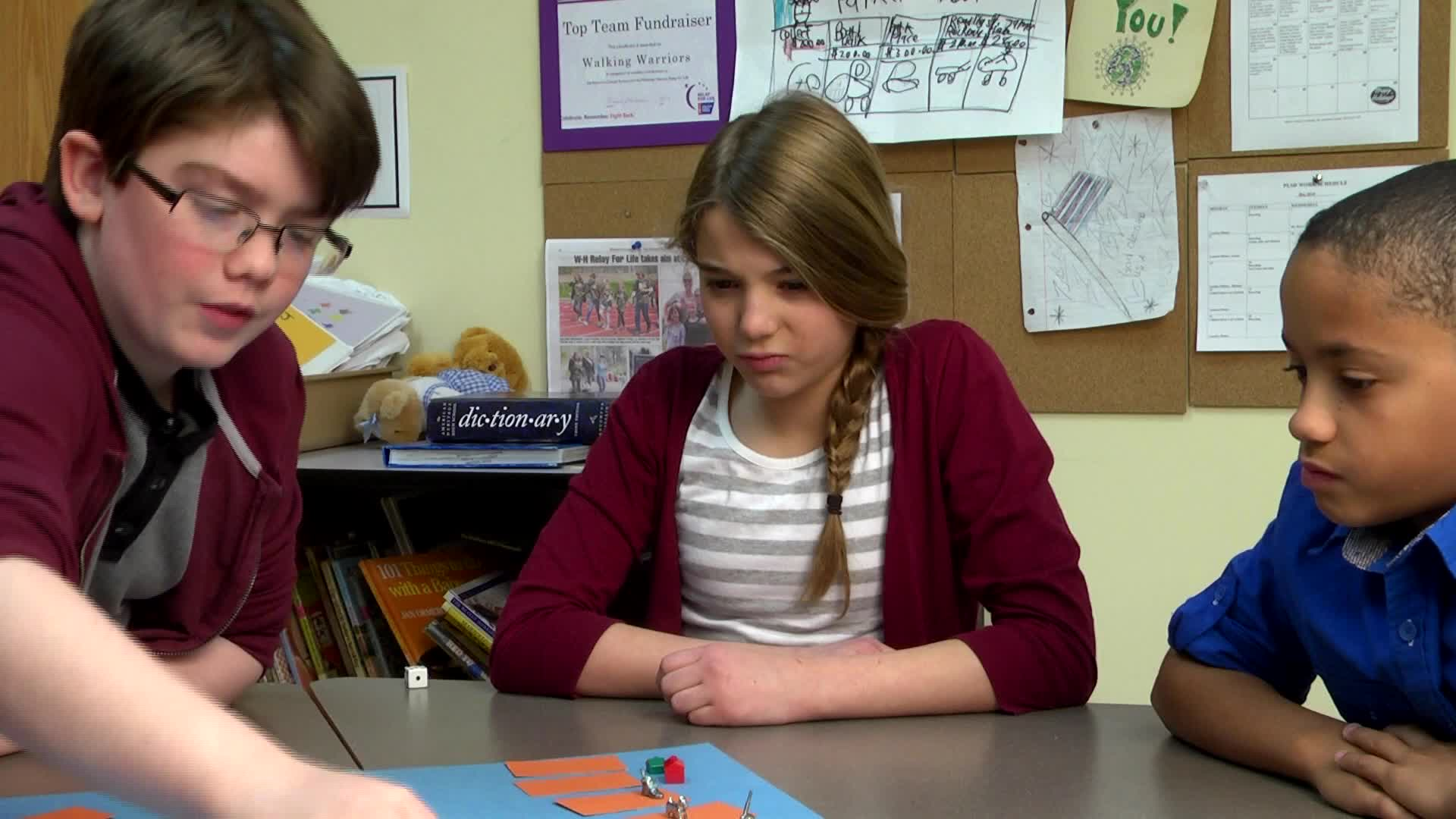
Introducing the concept of good sportsmanship in special education is essential for students’ social development and emotional wellbeing. By teaching children how to be a good sport, we encourage positive social interactions and foster a healthy attitude towards competition.
Understanding Good Sportsmanship
Good sportsmanship is the ability to maintain a positive attitude and exhibit fair behavior during competitive activities. It involves accepting outcomes graciously, whether winning or losing, and treating others with respect. Developing good sportsmanship in students significantly impacts their learning experience, social interactions, and emotional wellbeing.
The Role of Specialists
Various specialists play a crucial role in supporting the development of good sportsmanship in students:
- Speech-Language Pathologists: They can help students improve their communication skills, enabling them to express their feelings and frustrations in a constructive manner.
- Social Workers: They can provide guidance on appropriate social behaviors and help students understand the importance of being a good sport in different situations.
- Psychologists: They can offer strategies to manage emotions and cope with the frustration of losing.
- School Counselors: They can support students in navigating social situations and fostering positive peer relationships.
IEP Goals for Good Sportsmanship
Here are some SMART IEP goals to improve good sportsmanship in kindergarten students:
-
Goal: The student will demonstrate appropriate behavior after losing a game or activity in 4 out of 5 opportunities.
- Strategies and Activities: Role-play different scenarios, practice deep-breathing exercises, and use social stories to illustrate positive responses to losing.
-
Goal: The student will verbally express feelings of frustration or disappointment in an appropriate manner in 4 out of 5 opportunities.
- Strategies and Activities: Teach students to use “I” statements, engage in guided discussions about emotions, and provide visual cues for appropriate language.
-
Goal: The student will congratulate peers on their success in games or activities in 4 out of 5 opportunities.
- Strategies and Activities: Model appropriate behavior, use social stories to demonstrate congratulatory language, and provide opportunities for students to practice during class activities.
Implementing and Measuring Progress
To effectively implement these goals and measure progress, consider the following tips:
- Collaborate with specialists to create a comprehensive support plan.
- Regularly observe and document student behavior during games and activities.
- Provide consistent opportunities for students to practice and reinforce good sportsmanship skills.
- Offer constructive feedback and celebrate progress to encourage continued growth.
Conclusion
Developing good sportsmanship in kindergarten students is essential for their social and emotional wellbeing. By implementing these IEP goals and collaborating with specialists, educators can effectively support students in their journey towards becoming gracious competitors. We encourage you to apply these goals in your classroom and invite you to explore more resources at Everyday Speech Sample Materials.





